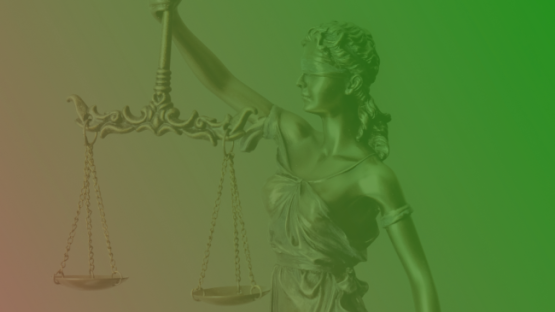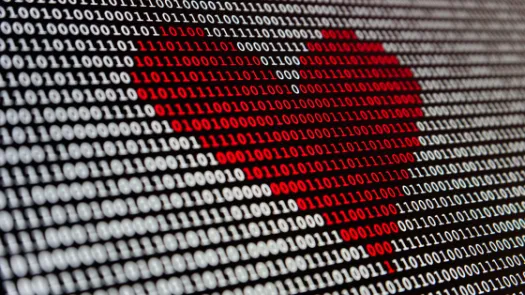
A Guide to Litigating Identity Systems: An introduction

Many countries in the world have existing ID cards - of varying types and prevalence - there has been a new wave in recent years of state “digital identity” initiatives.
The systems that states put in place to identify citizens and non-citizens bring with them a great deal of risks.
This is particularly the case when they involve biometrics - the physical characteristics of a person, like fingerprints, iris scans, and facial photographs.
Activists and civil society organisations around the globe have been engaging with and critiquing these systems as they have emerged. Sometimes, these have reached court, to challenge the constitutionality of these systems and how they interfere with human rights including privacy. In the last few years, civil society organisation from diverse disciplines and regions across the world have played key roles in these cases.
The purpose of this guide is not to comprehensively describe the human rights implications of identity systems, or weigh identity systems’ benefits against their disadvantages. While identity systems can have positive effects on human rights – helping to secure the right to a legal identity being the most obvious example – these aspects have been set out extensively in other spaces.
The arguments against identity systems are still developing, and this guide therefore does not provide a comprehensive list of every possible argument. It does, however, provide an organized list of arguments against identity systems that can be read all together or separately, with a variety of reframed arguments meant to illustrate different approaches to challenging identity systems while relying on the same precedents.
This initiative is part of our efforts, with our global partners, to ensure civil society and legal experts have access to the financial and technical resources they need to challenge these systems. Whether that's the underlying assumptions, the global ecosystem pushing for their introduction, or demanding the necessary safeguards for privacy and other rights around identification systems, including scrutiny of the socio-economic, political and legal state of deployment.
The cases outlined in this guide prove that the knowledge and expertise of CSOs is huge: not only the impact of these systems on the people with which they work, but also the technical, legal, and human rights implications. Going forward, these voices must be listened to, and their expertise recognised in all debates on these topics. The voices of the real identity experts have been ignored for far too long, and it is time that they be brought to the fore.



